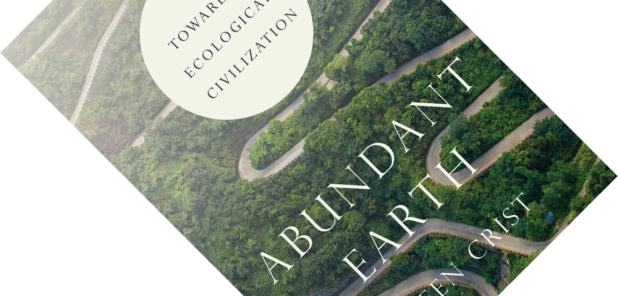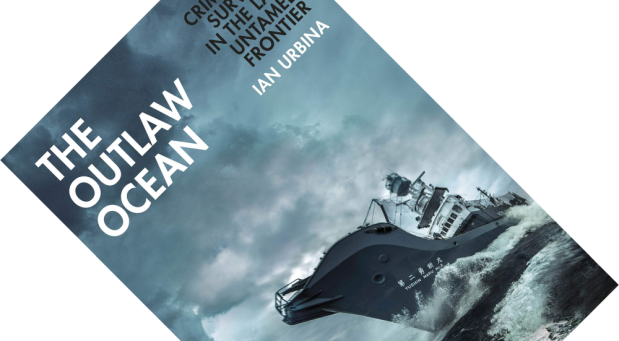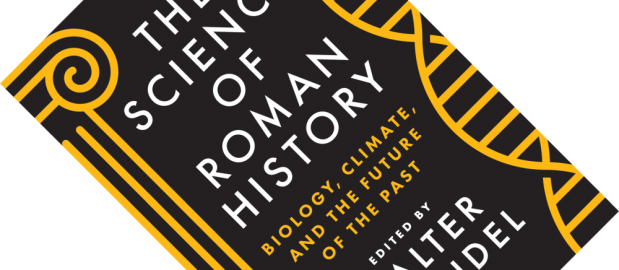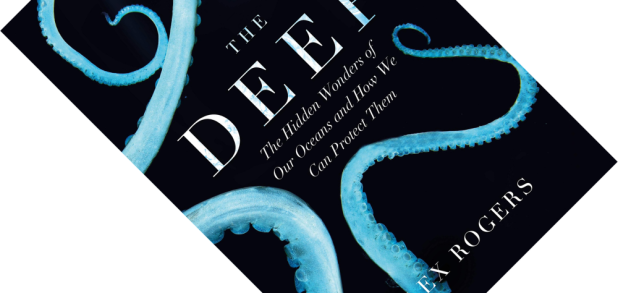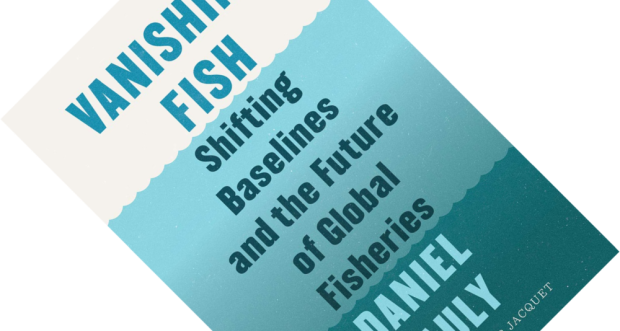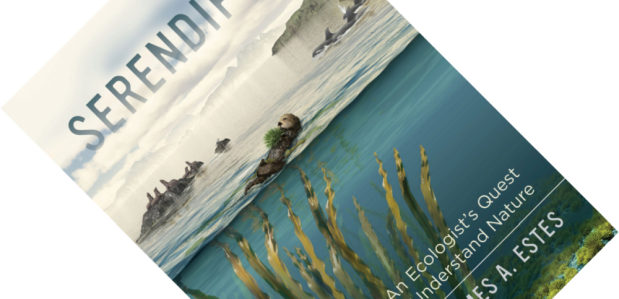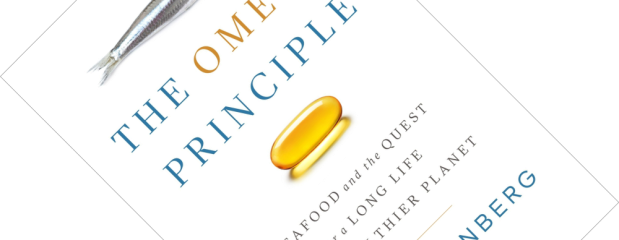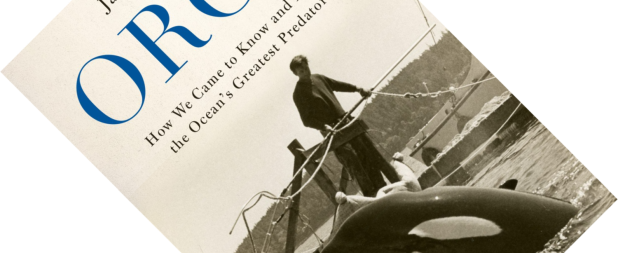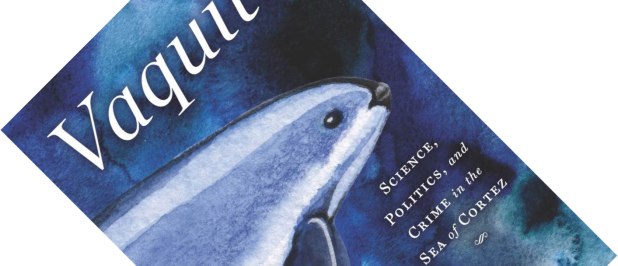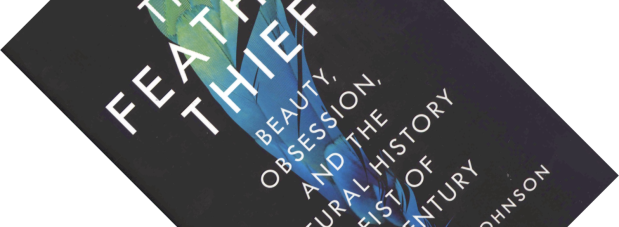8-minute read
Climate change, pollution, habitat fragmentation, species extinction – there is no shortage of daily press coverage of the slow-motion collapse of our planetary ecosystem. So why are we barely acting? In this radical and thought-provoking book, sociologist Eileen Crist eloquently lays out the familiar causes. More importantly, she exposes and calls out the dominant anthropocentric mindset that is keeping us on the runaway train to destruction. There is another way, she contends, but will it find mainstream acceptance?

